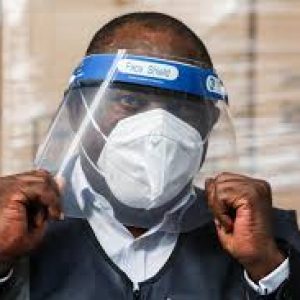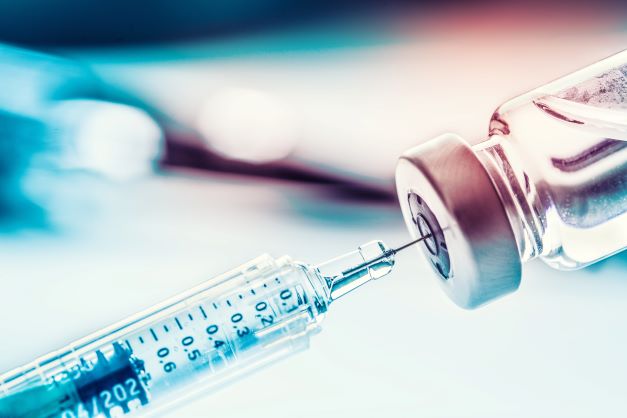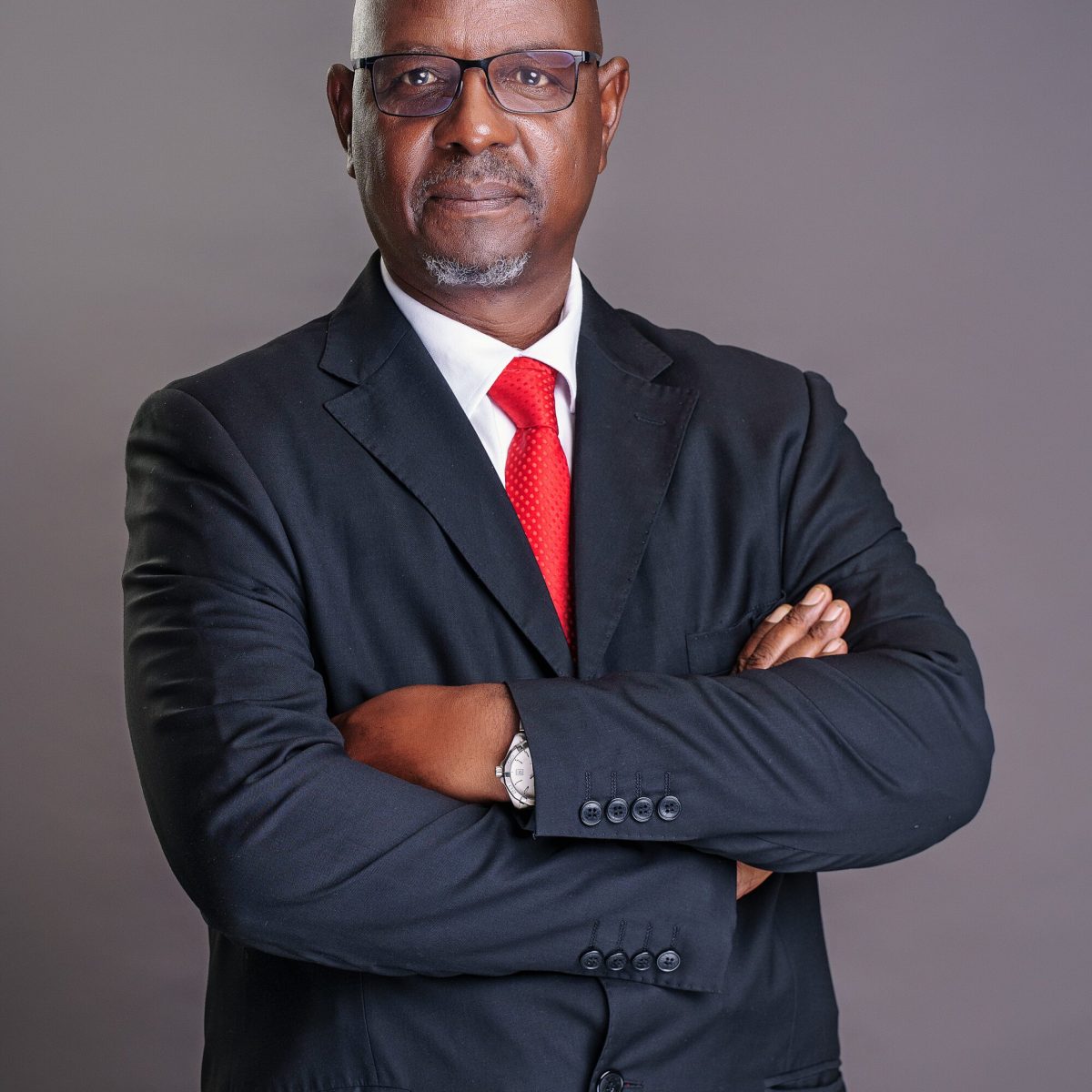The outbreak of Covid-19 in South Africa and the consequent rapid requirement for bulk personal protective equipment (PPE) supply, has led to an influx of PPE products from many suppliers and distributors. This has thrown the control of quality and functionality into confusion, and the South African Medical Technology Industry Association (SAMED) is sounding the alarm.

SAMED states that everyone involved – and everyone is involved – in eliminating the COVID-19 virus must be aware of, and scrutinise the standards and guidelines applicable to all products used to prevent, diagnose and treat COVID-19.
Urgency and Vigilance
Since Covid-19 reached South Africa, the procurement and manufacture of crucial protective and testing products has been a matter of great urgency.
A lack of knowledge and experience in navigating the South African regulatory environment could pose a risk to the safety of healthcare workers and patients, and workers in general. With the new opportunities opened up by the crisis for new local and international manufacturers and suppliers, a healthy caution must be applied in assessing what is on offer.
SAMED chairperson Avanthi Govender Bester explains that new hand sanitiser gels, facemasks and diagnostic tools are appearing on the market, and their composition, reliability and appropriate use differ. “This can result in the use of subquality and inefficient products and inappropriate use of such items, which can also cause harm.”
South African Health Products Regulatory Agency (SAHPRA) CEO Dr Boitumelo Semete-Makokotlela points out that the critical need for products related to the COVID-19 response has attracted companies that have little or no presence in the South African market.
“It can be difficult to distinguish bona fide suppliers from more opportunistic and unscrupulous suppliers. [Through industry collaboration] we can safeguard patients and medical personnel and achieve optimal healthcare outcomes.”
Supporting quality to members and non-member alike
To tackle the issue, SAMED is working with its 180 members, to ensure compliance with safety and quality standards, and that licencing required by SAHPRA is adhered to The organisation is also extending its support and guidance to other medical devise suppliers.
Samed collaborates with the SAHPRA, the South African Bureau of Standards (SABS), the National Regulator for Compulsory Standards (NRCS) and other credible entities to assist local manufacturers and importers in following the regulations and is engaging with a range of stakeholders to find ways to ramp up local production of PPE and other related items.
Govender Bester says that, in addition to being a SAHPRA licensed establishment, companies that supply PPE need to have in place processes for managing adverse events and recall of inefficient or unsafe products.
Quality, testing and training
“In relation to screening and testing kits, respiratory aids and other more complex devices, the supplier also needs to be able to train healthcare providers on the correct use of equipment,” she notes.
SAHPRA has established a dedicated hotline for medical devices, and has issued guidance documents, including those for rapid Covid-19 serological testing kits.
Detailed information on the regulatory status of different products used in the prevention of the coronavirus infection was issued jointly by the SAHPRA, the NRCS and the SABS. It encompasses facemasks ranging from nonclinical cloth type to surgical (medical) and those that provide respiratory protection; general and medical gloves; and surface, hand and other body sanitisers and disinfectants.
In terms of face masks, the document indicates that general face masks, when not intended for a medical purpose and no claim is made for protection from viruses, do not fall into the SAHPRA’s or the NRCS’s mandates.
Surgical masks and medical masks are classified as Class A medical devices and are regulated by SAHPRA. Respirator and particle-filtering half-masks (dust masks) are classified as Class B medical devices and must comply with specific requirements as guided by several different Acts depending on their purpose and where they are being used, such as within medical or mining industry environments.
Meanwhile, Samed, with participation by SAHPRA representatives, will host a regulatory forum – a training webinar for members and all companies operating in, or intending to enter, the medical device sector. The forum will take place virtually from 10.00 to 12.00 on 12 May 2020. Those who want to participate should email [email protected]
More news
- STATE-DRIVEN OPPORTUNITIES FOR SA CONSTRUCTION COMPANIES BUT MANAGING RISK IS A PRIORITY
- PART 4: SA’S TRADE DILEMMA: A PODCAST DISCUSSION WITH DONALD MACKAY
- CONCOR KICKS OFF OXFORD PARKS BLOCK 2A PHASE I PROJECT
- PART 3: SA’S TRADE DILEMMA: A PODCAST DISCUSSION WITH DONALD MACKAY
- MBA: ‘HOW CONSTRUCTION FIRMS SHOULD PREPARE FOR THE WORST’





